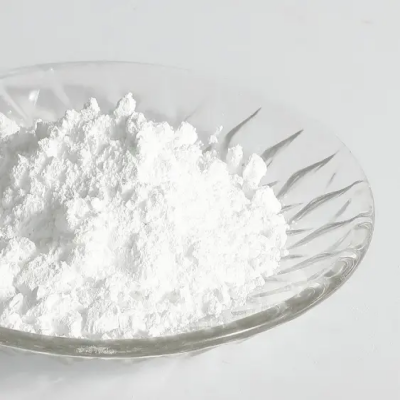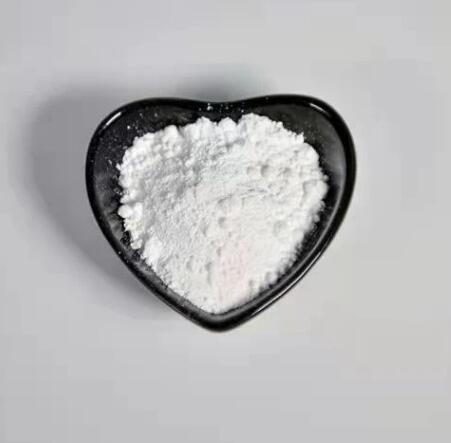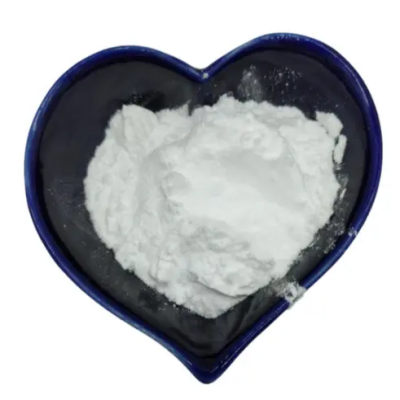Enduracidin hydrochloride (Enramycin) CAS:11115-82-5
Growth promotion: L-Arginine is known to stimulate growth hormone release in animals, which can contribute to improved growth and development. It promotes protein synthesis, which is essential for muscle gr
Enramycin is utilized in veterinary medicine for the prevention and treatment of necrotic enteritis in poultry, particularly broiler chickens. Necrotic enteritis is a severe intestinal disease caused by Clostridium perfringens, leading to high morbidity and mortality rates in affected flocks. Enramycin helps control and prevent the proliferation of this pathogen, thereby reducing the incidence of necrotic enteritis and improving overall flock health. In swine production, Enramycin is employed as a feed additive to promote growth and improve feed efficiency. By targeting harmful bacteria like Clostridium perfringens in the gastrointestinal tract, Enramycin helps maintain gut health and optimize nutrient absorption, leading to enhanced weight gain and performance in growing pigs. Proper dosage and administration of Enramycin are crucial to ensure efficacy and minimize the development of antibiotic resistance. Veterinary oversight is essential to determine the appropriate inclusion levels in feed formulations and compliance with withdrawal periods to prevent antibiotic residues in animal products. Regular monitoring of treated animals for any signs of adverse reactions and compliance with recommended usage guidelines contribute to sustainable livestock production practices. Enramycin plays a significant role in supporting animal health, welfare, and productivity in the livestock industry while maintaining food safety standards and antimicrobial stewardship principles.
owth, and can enhance overall body weight gain in animals.
Nitric oxide production: L-Arginine is a precursor for nitric oxide (NO) synthesis in the body. Nitric oxide is involved in various physiological processes, including blood vessel dilation, immune function, and cell signaling. Supplementing L-Arginine in animal diets can enhance NO production, leading to improved blood flow, immune response, and nutrient absorption.
Immune function: L-Arginine plays a crucial role in supporting the immune system. It is involved in the production of immune cells, such as T-cells and macrophages, as well as antibodies. By providing an adequate supply of L-Arginine in animal diets, immune function can be optimized, leading to improved disease resistance and overall health.
Reproductive performance: L-Arginine is essential for reproductive processes in animals. It is involved in sperm production and motility in males and can enhance fertility. In females, L-Arginine supports the development and function of the uterus and placenta, enhancing reproductive performance and increasing litter size.
Stress management: L-Arginine has been shown to have a positive impact on animals' stress response. It can reduce stress-induced cortisol levels and promote a state of relaxation. By supplementing L-Arginine in animal diets, stress tolerance and overall well-being can be improved.



| Composition | C106H135Cl2N26O31R |
| Assay | 99% |
| Appearance | white powder |
| CAS No. | 11115-82-5 |
| Packing | Small and bulk |
| Shelf Life | 2 years |
| Storage | Store in cool and dry area |
| Certification | ISO. |


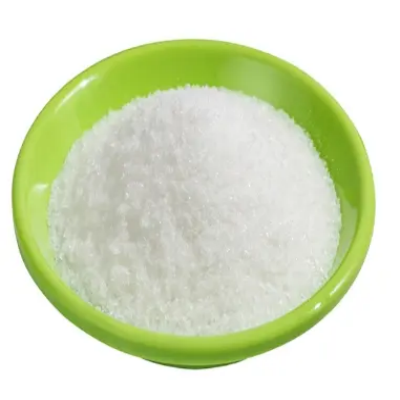
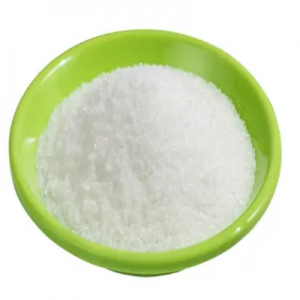
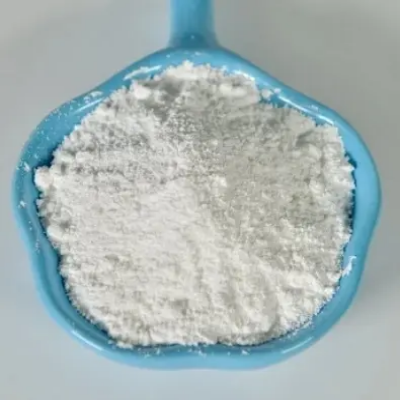
![N-[3-Fluoro-4-[(methylamino)carbonyl]phenyl]-2-methylalanine CAS:1289942-66-0](https://cdn.globalso.com/xindaobiotech/VYH6FUCIIBE_I7B6OOPY283.png)
